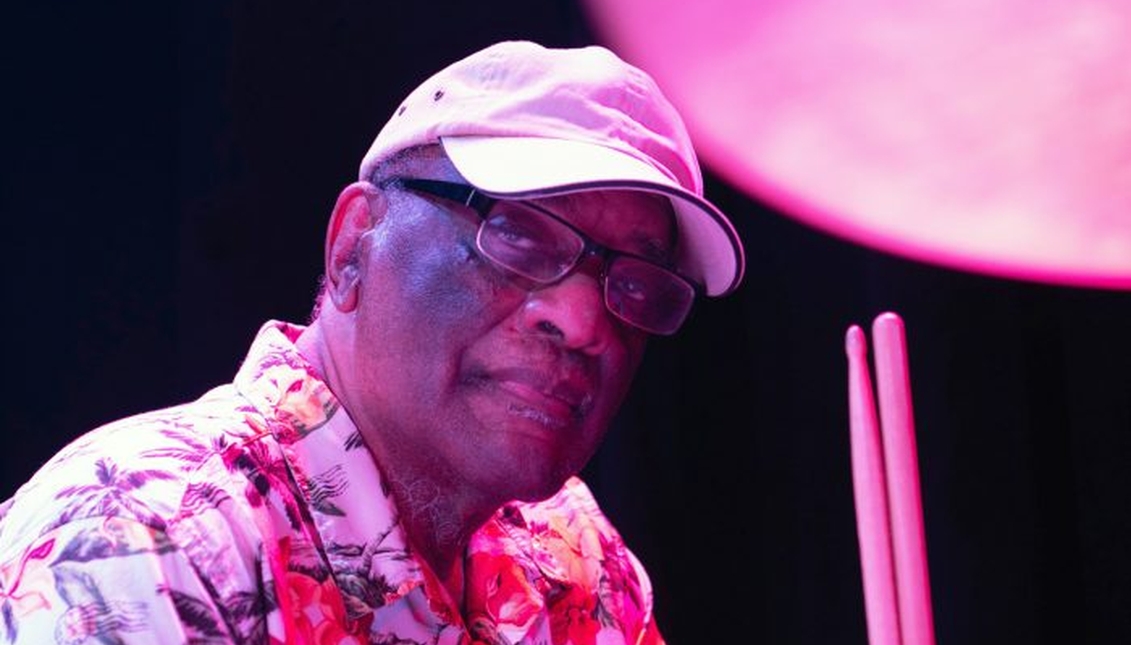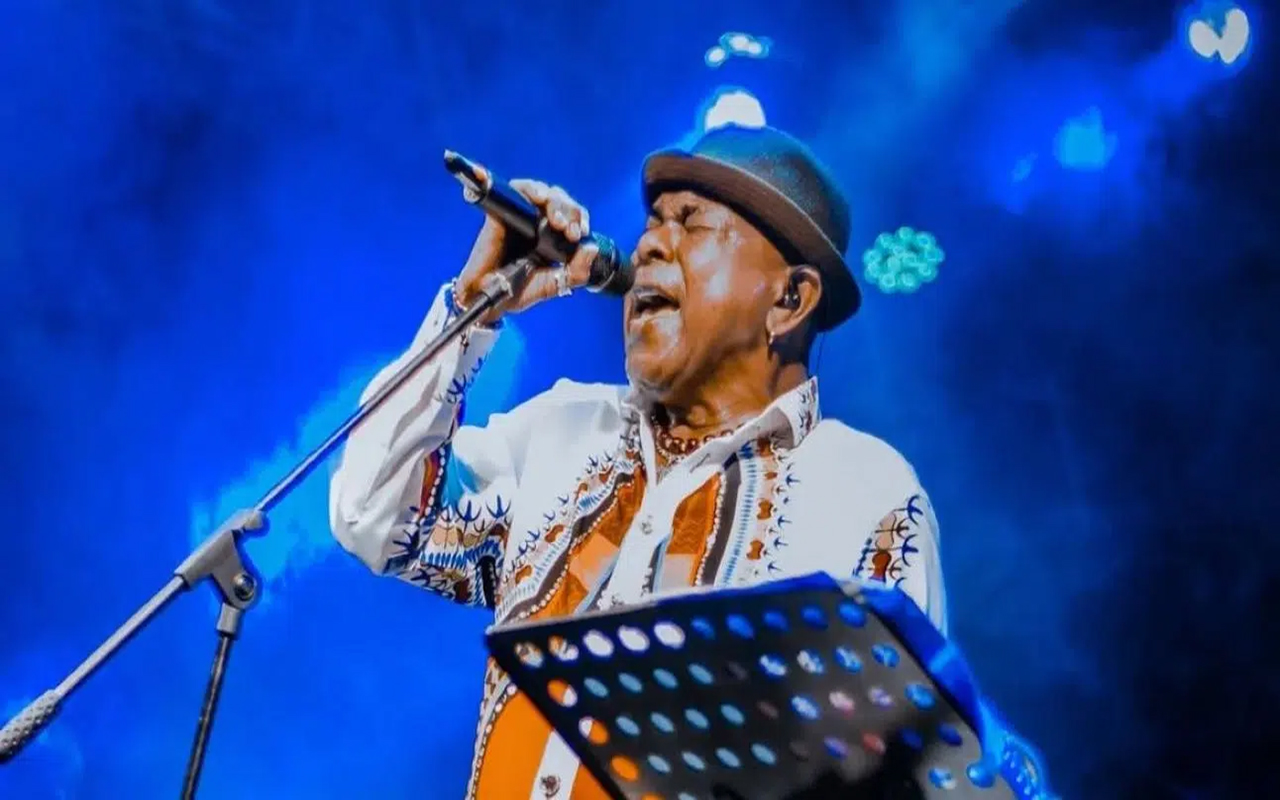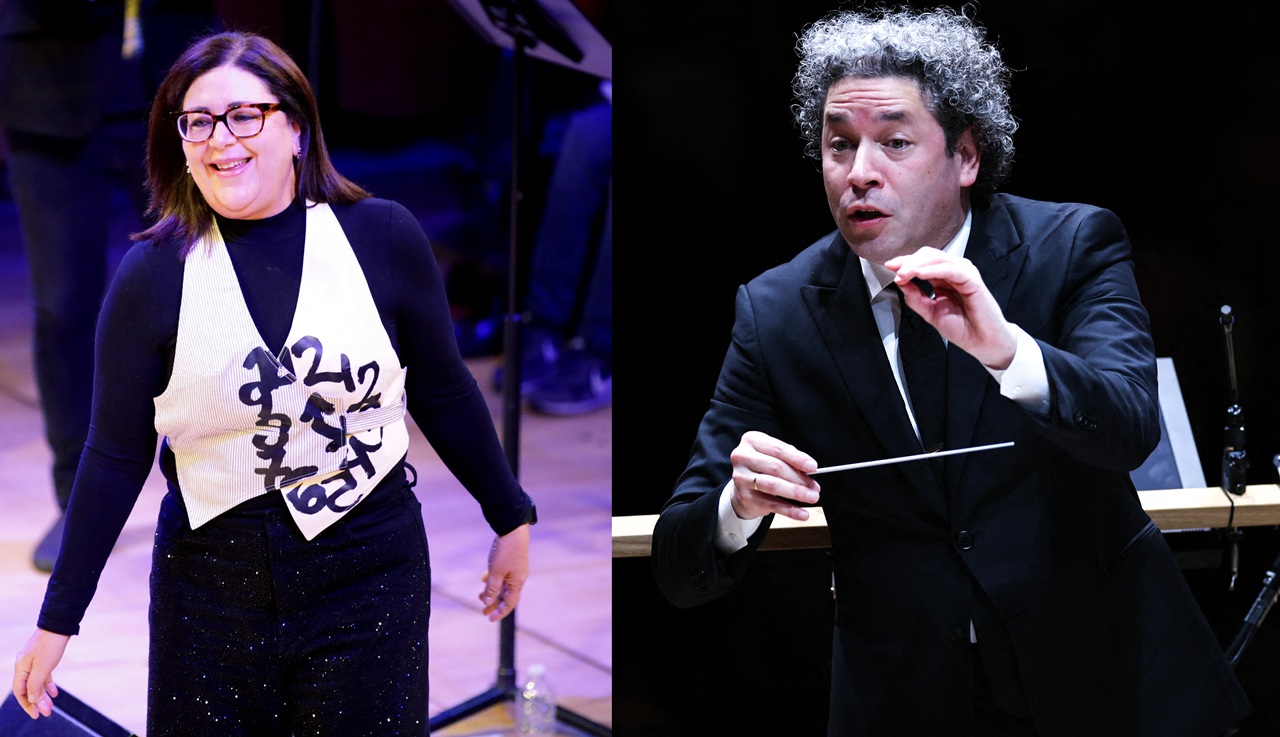
Joe Chambers echoes Brazilian jazz in 'Samba de Maracatu'
The legendary percussionist and composer's return to Blue Note Records leaves us with an Afro-Brazilian album as original as his career.
The tracks on Samba de Maracatu unfold like the logbook of a hurried spiritual traveler who has discovered the maracatu's indigenous rhythms and nervously tries to transmit them to others with a vibraphone.
Thus, without renouncing his identity and trajectory, we are presented with this curious album by Joe Chambers in his return to the label that was his busy home in the sixties, Blue Note, now available on all platforms, along with an interview in First Look about this fine-tuning.
Alfred Lion and Francis Wolff, the owners of the label, say that fifty years ago, while he was recording with Joe Henderson, Sam River, and Andrew Hill some of his most progressive albums, they had already proposed to Chambers' a solo album.
He finally did it in The Almoravid (1973) and with Blue Note itself in Mirrors (1998) almost twenty years later, showing a solid evolution through the mutations of jazz, the experience of collaboration with artists such as Eric Dolphy, Chet Baker, or Chick Corea.
Also, of course, the whole legacy of his own band with Max Riach, the M'Boom. A group in which he cemented his role as a legend far beyond his post-pop talent of intuitive drummer, able to adapt to any style and territory.
That is what Joe Chambers (1942, Pennsylvania) does in Samba de Maracatu: he travels to Afro-Caribbean samba's rhythms to adapt his compositions to it without renouncing his originality and American signatures.
A journey that is, at the same time, an agile return in which he had a lot to tell about Brazilian jazz.

RELATED CONTENT
Chambers is in charge of the drums, the vibraphone -similar to the xylophone but much bigger- and the percussion of salsa rhythms with Brad Merrit on the keyboard and Steve Haines on the bass.
Between them, they also explore other influences, such as bossa nova, and invite vocalists like Stephanie Jordan to delimit the jazziest of the songs on the album.
Finally, they also count on MC Parrain, who helps them on the soothing New York State of Mind Rain, the remix between the famous Nas track and Chambers' 1978 pieces called Mind Rain.
In short, a syncretic album but with a whole universe of references to the cosmos of Afro-Brazilian rhythms that also does not renounce the absolute modernity of jazz formats, and that overall shows that being almost octogenarian is no excuse to stop investigating the past and the future of Afro-Latin art and music.











LEAVE A COMMENT: